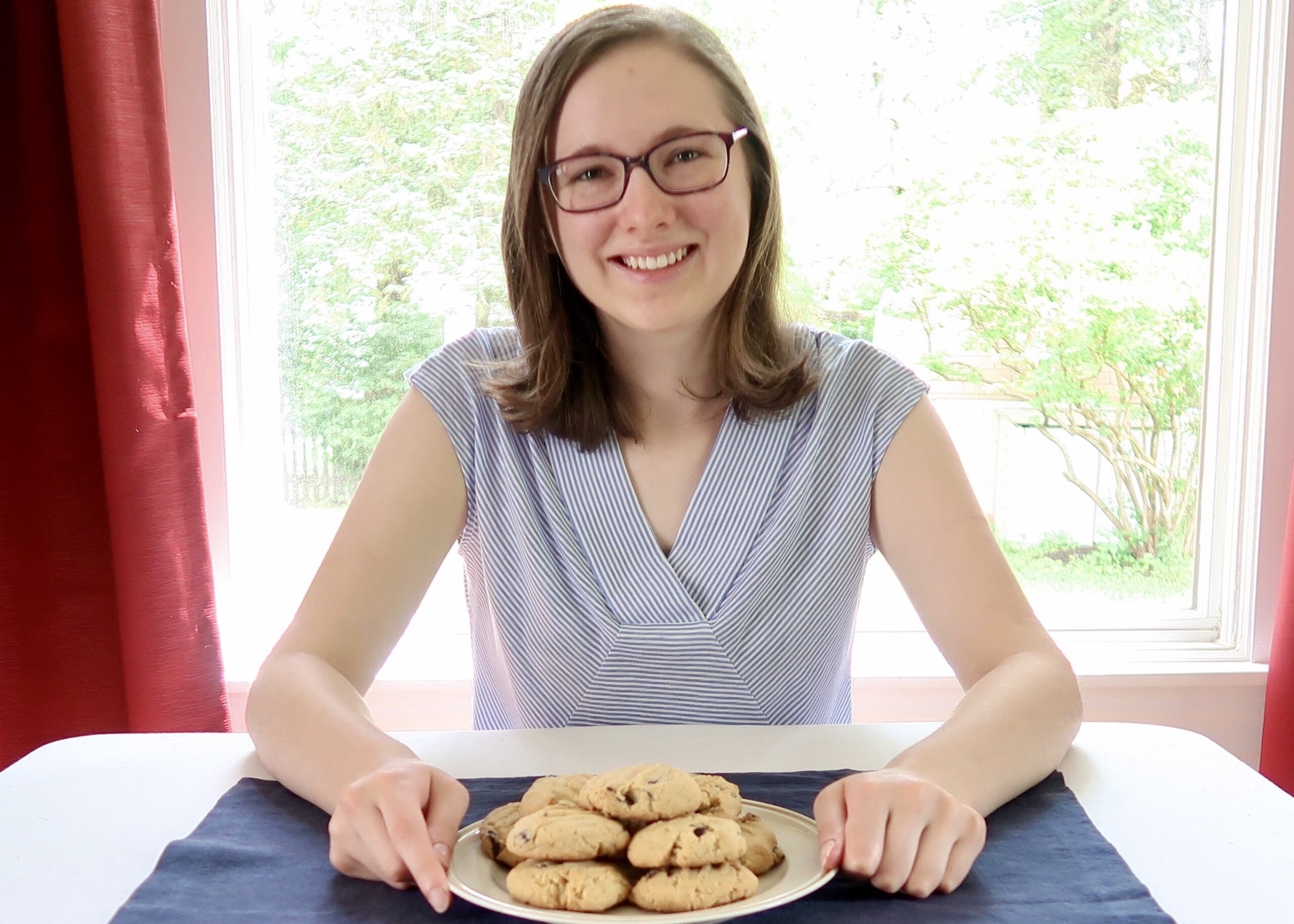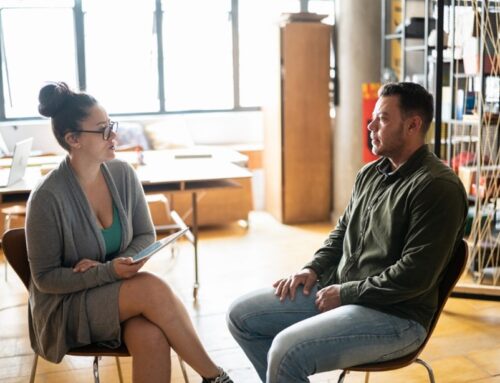Written by Julia Tannenbaum
It’s been almost seven years since I was admitted to Walden’s Intensive Outpatient Program for my eating disorder, but I still remember my first day as if it had happened yesterday.
I was thirteen, deep in the trenches of an eating disorder, and convinced that a number on a scale determined my worth. I wore baggy sweats to hide the body I’d grown to despise and carried my backpack, as I’d just come from middle school. My two moms and younger brother accompanied me. All three confused and conflicted in their separate ways. One thing was clear though: we were broken and desperately needed help.
And Walden did just that.
On that first day alone, it exposed how bad my illness had become when I wouldn’t complete my meal, staying until 8:30 PM—nearly two hours past closing—because I just couldn’t eat a snack-size bag of chocolate chip cookies. Over the next eight weeks, I was challenged again and again. I yelled, cried, and even ran away once, but at the same time, I also gained long-term skills and strategies that helped me cope in moments of crisis. And while I was still a conflicted mess when I discharged, Walden was the starting point of my long and complicated journey to getting better.
The years that followed were the darkest and scariest years of my life with numerous inpatient admissions. I felt lost, confused, and hopeless. I was convinced that my eating disorder—the thing that was killing me—was the only thing that mattered. It was my identity, and without it, I didn’t know who I was. That is the sad truth for many people who struggle with eating disorders. Breaking out of the mindset is incredibly difficult, but with support, time, patience, and determination, you can do it. I have.
My recovery began in late-2015 when I was admitted to a residential eating disorder treatment facility. This was my last inpatient admission. After years of refusing to embrace help, I was finally in a place in my life where I was genuinely fed up with my disorder controlling me. As my mom would say: I was sick and tired of being sick and tired.
With the help of my treatment team, support from my family, and my own internal strength, I’ve stayed on the road to recovery. Sure, there have been detours and speedbumps, but even when I’ve strayed, I’ve always managed to find my way back.
During the summer of 2017, I started writing my first book Changing Ways, a story about a sixteen-year-old’s journey to overcome mental illness. While marketed as fiction, much of Changing Ways is based on my personal experiences. Writing, then subsequently publishing a book, marked a new chapter in my life. I realized that if I was going to put Changing Ways out into the world, I couldn’t be afraid to talk openly about my mental illness. I’d spent most of my adolescence feeling ashamed of this part of me—and wrongfully so. It wasn’t my fault that I was mentally ill, and the sooner I accepted that the better off I’d be.
Sharing my story was intimidating at first, but when I saw the impact my candor and vulnerability had on other people, especially those who either knew someone or was personally battling mental illness, it made the nerves entirely worthwhile. This creative hobby that had saved me when I was at my worst was now helping other people. I was slowly chipping away at the stigma associated with mental illness, and it turns out that all it took was speaking my truth.
Eating disorder recovery isn’t easy. It’s messy, unpredictable, and so brutal that some days, I just want to give in. But when I think about how far I’ve come from an insecure thirteen-year-old filled with self-hatred to an independent young adult proudly living her truth, there isn’t a single doubt in my mind that it’s worth it.
About the Author:
Julia’s most recent recovery project is a blog and online cookbook called Nourish. She co-created it with her mom, her biggest supporter in her recovery, to help people find balance through food. By combining her mom’s wholesome cooking with her experiences with an eating disorder, Nourish provides delicious recipes anyone can make at home, along with support for individuals recovering from eating disorders and their families caring for them. To learn more about this recovery-focused online resource visit: https://thenourishcookbook.com/.







